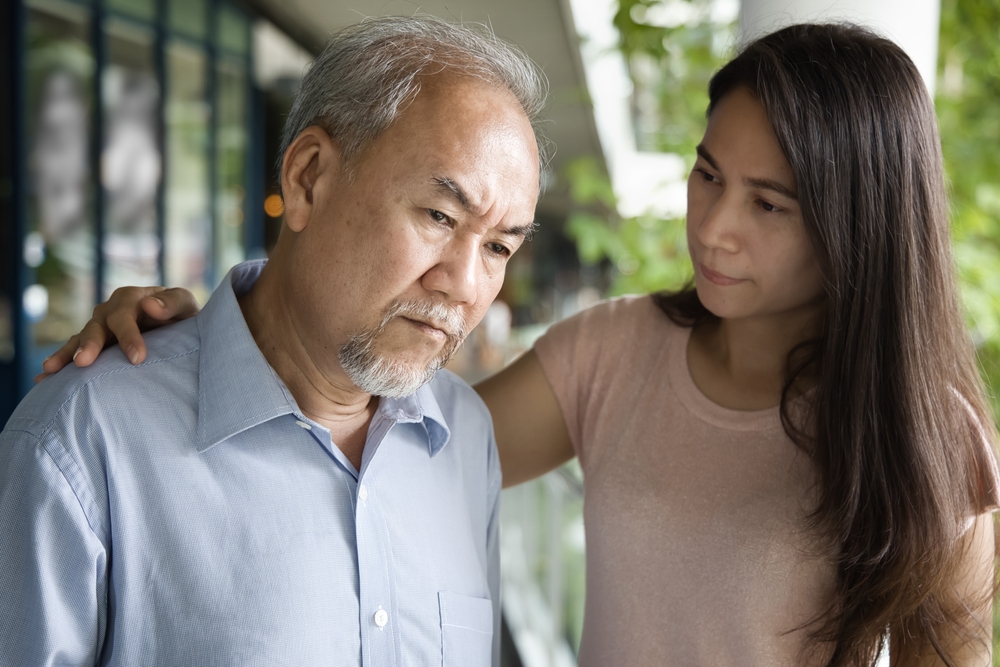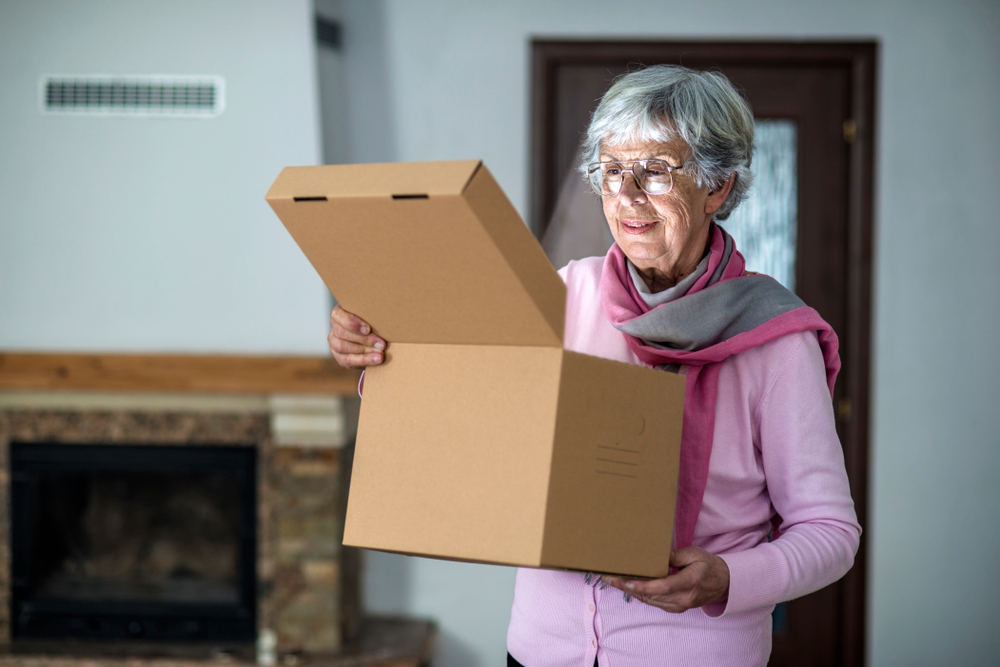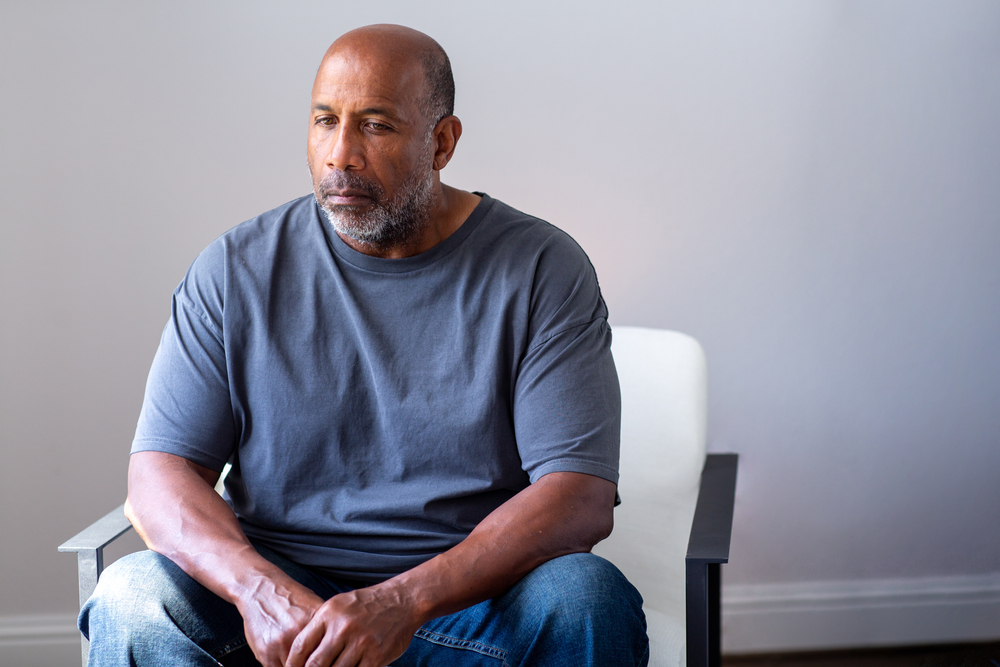Crying in Sleep: Older Adults, Seniors, and the Elderly
Category:

Crying during sleep is common in dementia patients but it isn’t necessarily a sign of the disease. Emotional trauma, certain types of infections, and many other things may accompany the crying in older adults. While crying during sleep is not always cause for alarm, it is still best to reach out to a medical professional with any questions or concerns.
What Does It Mean When You Cry in Your Sleep?
Babies may cry as they transition from one sleep stage to the next, and older adults may wake up in tears after experiencing serious night terrors. However, this is often more stressful for the one witnessing the baby or the adult than it is for the individual.
Is It Normal To Cry in Your Sleep?
Crying while sleeping is not unusual, but it shouldn’t be ignored. Adults may experience this after undergoing a traumatic event. and they may want to seek counseling to aid in the healing process. However, caregivers should monitor elderly patients to determine if medical intervention is necessary.
Note if the the crying is accompanied by other types of pain or discomfort, and have a professional check for urinary infections, ear infections, bed sores, and other stressful conditions. Sometimes, the cause of the crying is never discovered, but a regular check-in is still necessary.
Why Do People Cry in Their Sleep?
Crying in sleep can result from nightmares, sleep terrors, and sometimes, you can even cry while dreaming. For the latter, this emotion often happens when the dreamer experiences a dream so intense, it feels real. It can be associated with happy or sad thoughts.In contrast, nightmares can be stressful and result in waking up crying at times. These only need treatment when they interfere with one’s ability to sleep. These occur during the REM phase. Sleep terrors occur right before the REM phase, and the dreamer may not remember what happened once they fully awaken. This is more serious, since sleep terrors share the same root causes as sleepwalking. Causes can include stress, head injuries, and sleep apnea. It may be helpful to participate in a sleep study, such as a polysomnogram. The study monitors brain-wave activity, and it can map the areas of the brain the sleeper uses prior to an episode.
Subscribe
Date: 2018-08-23
Category:


